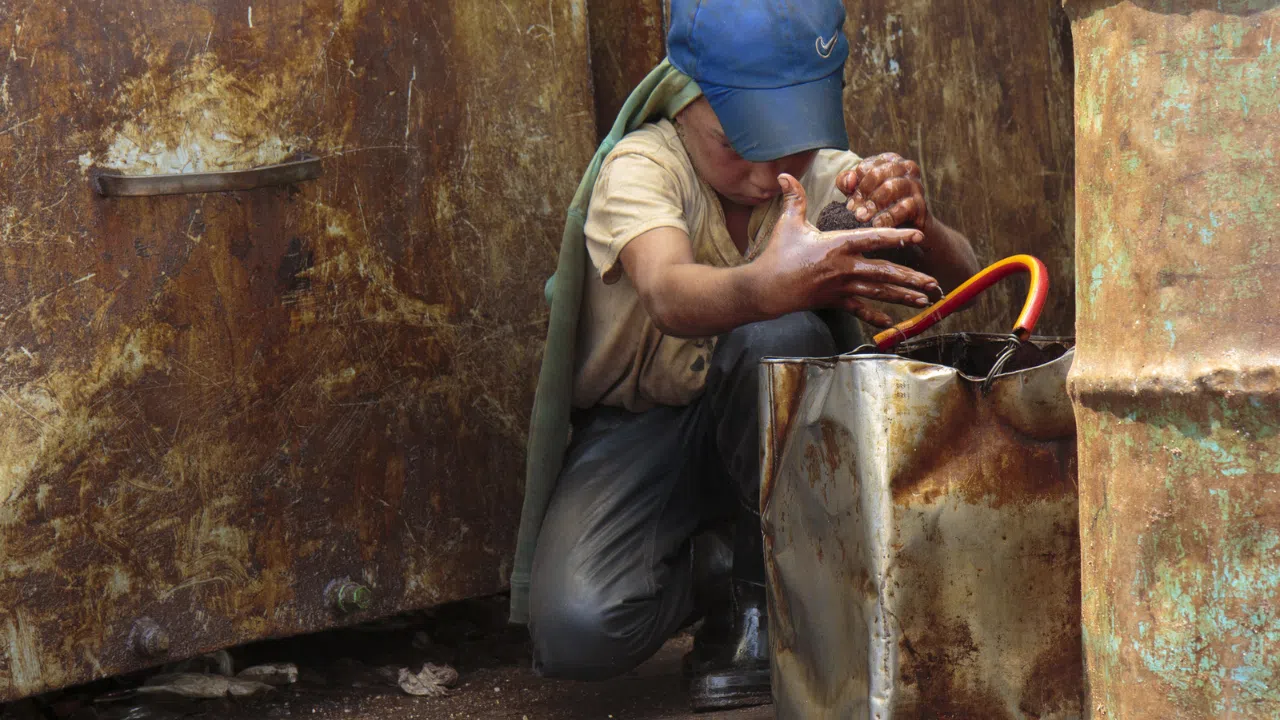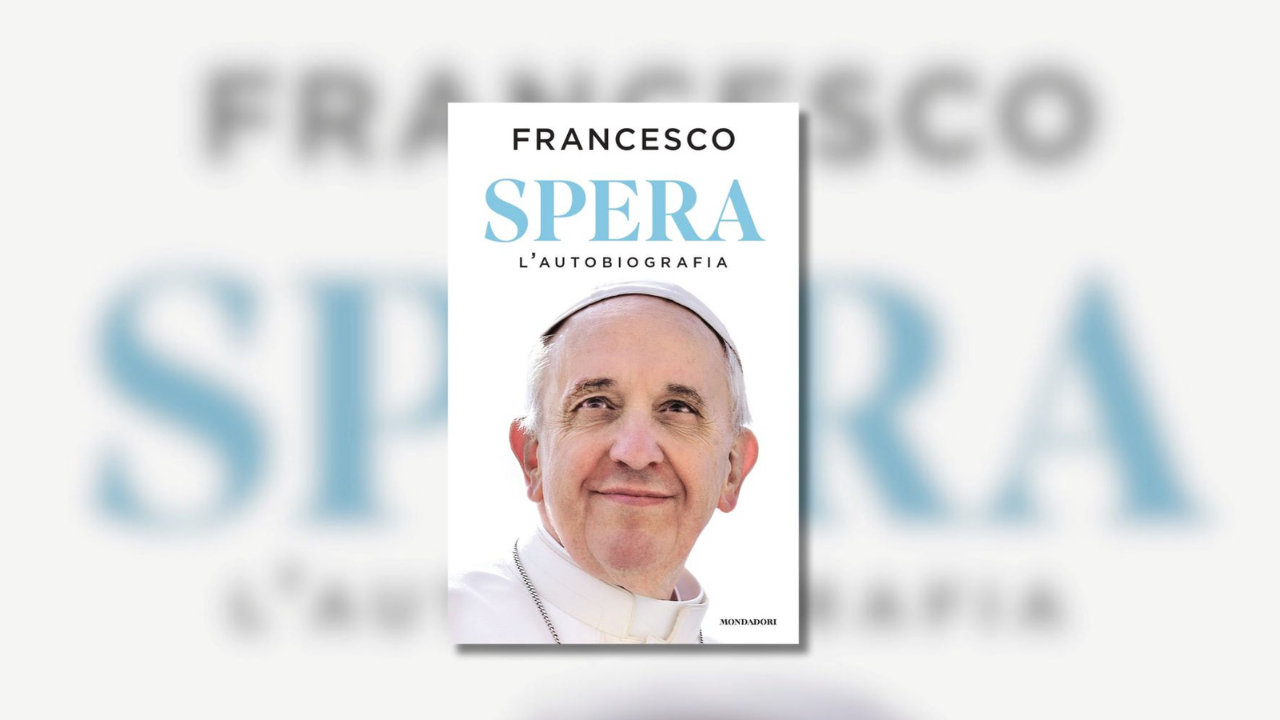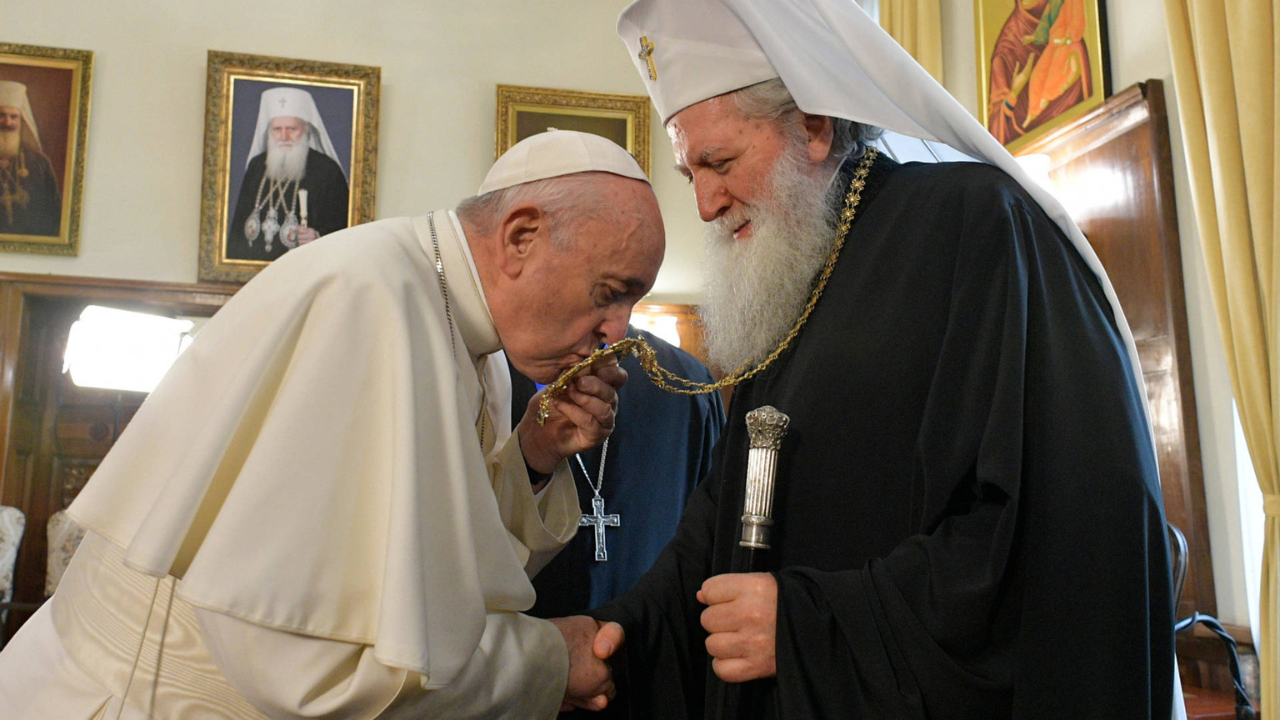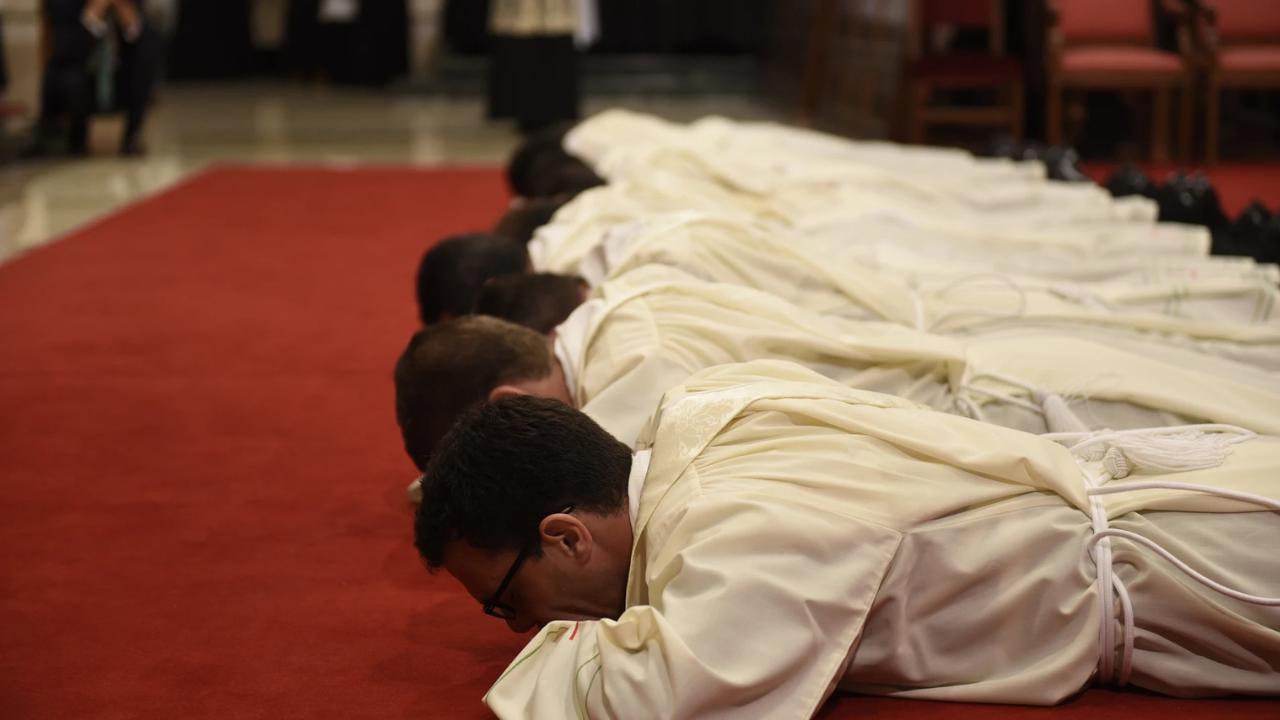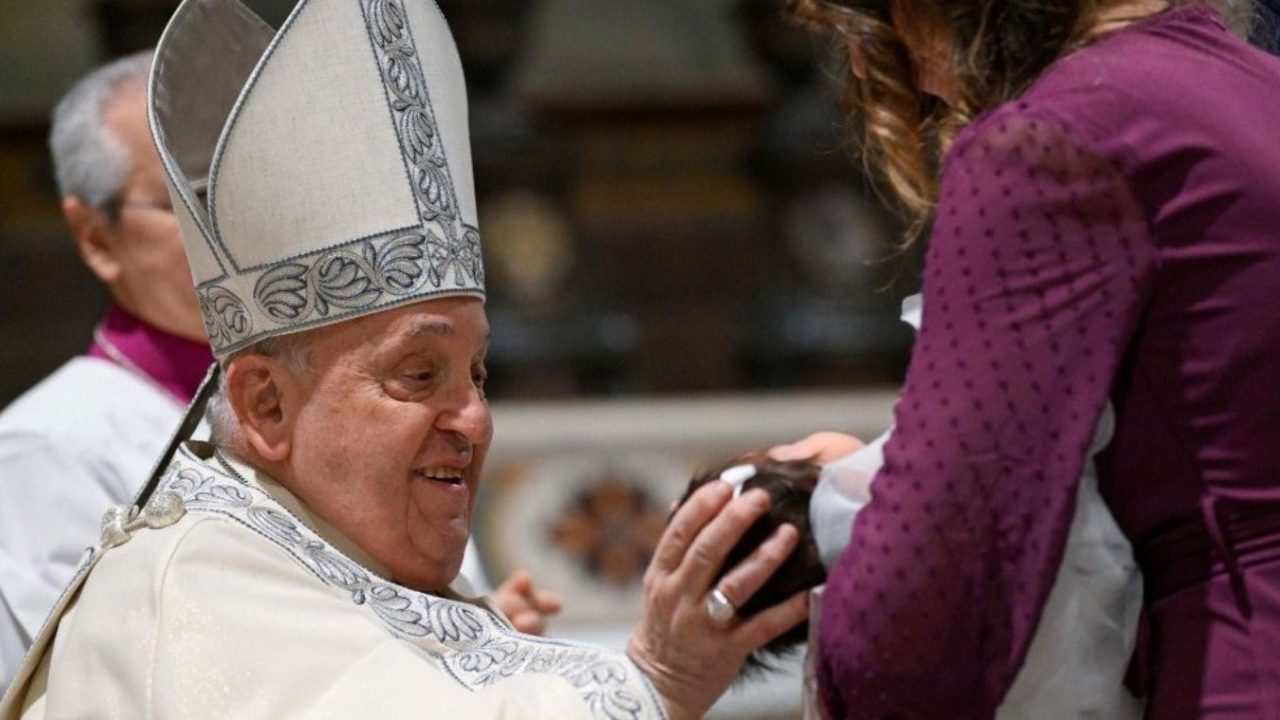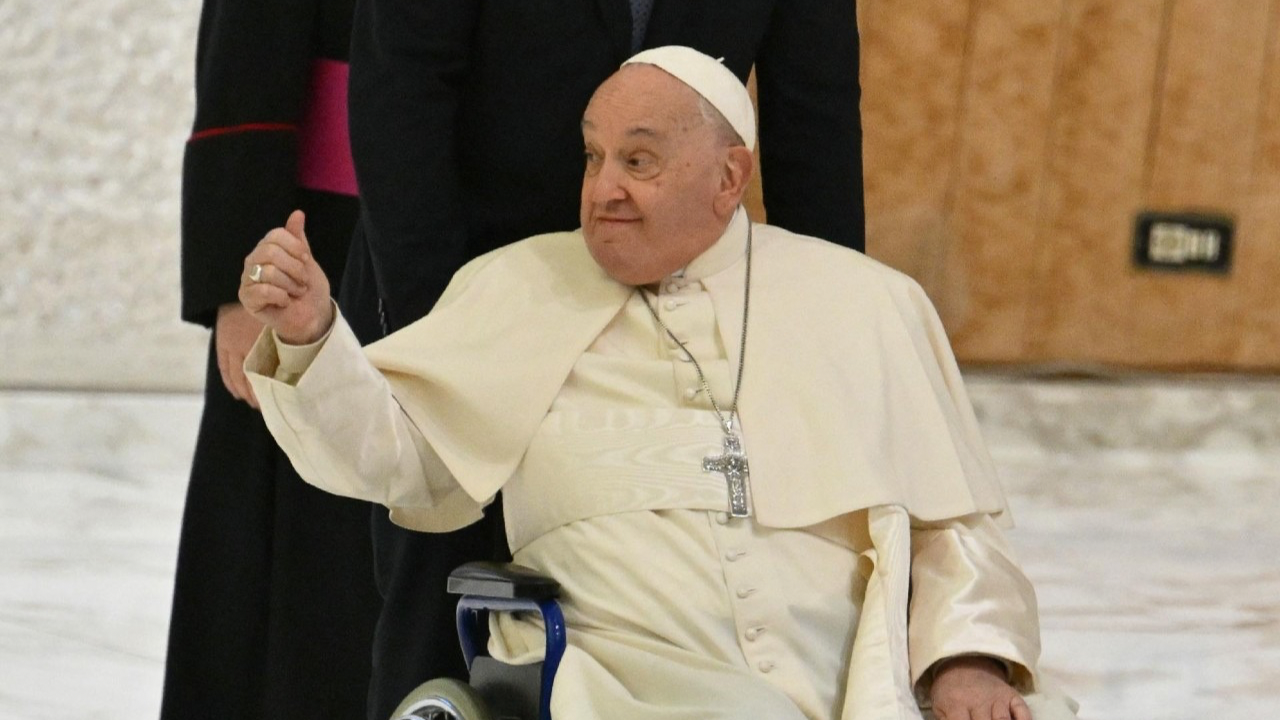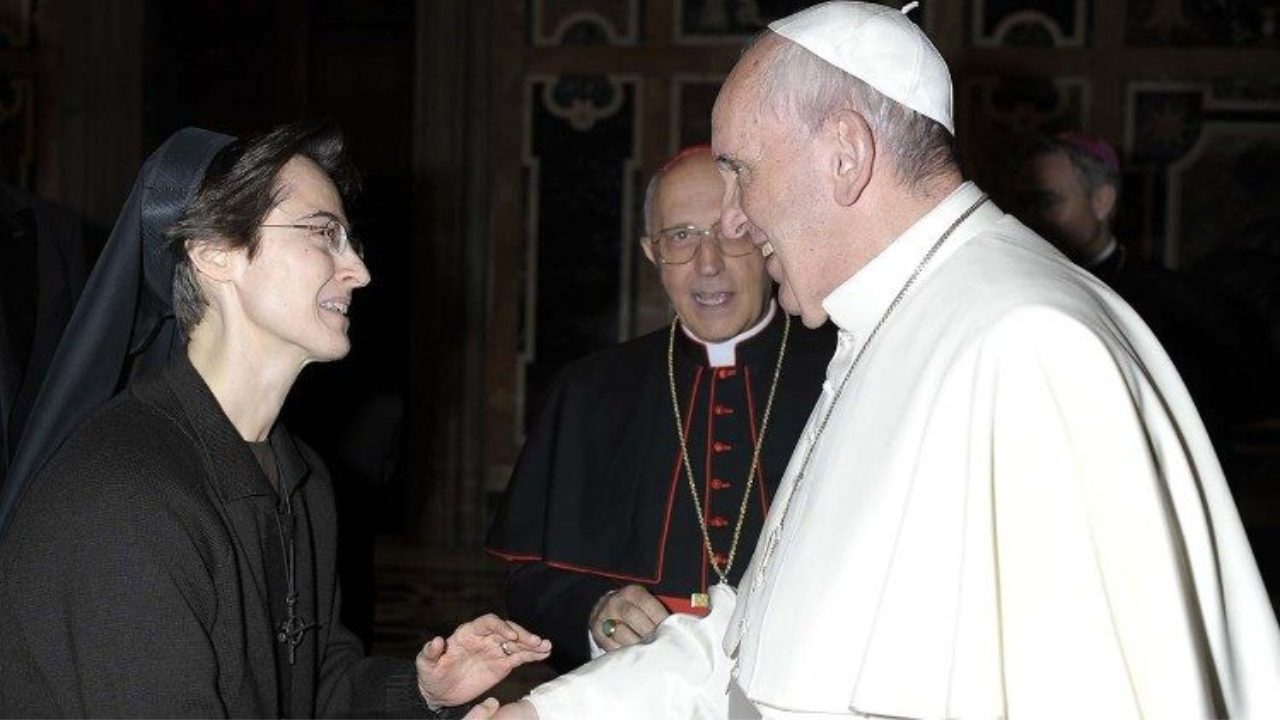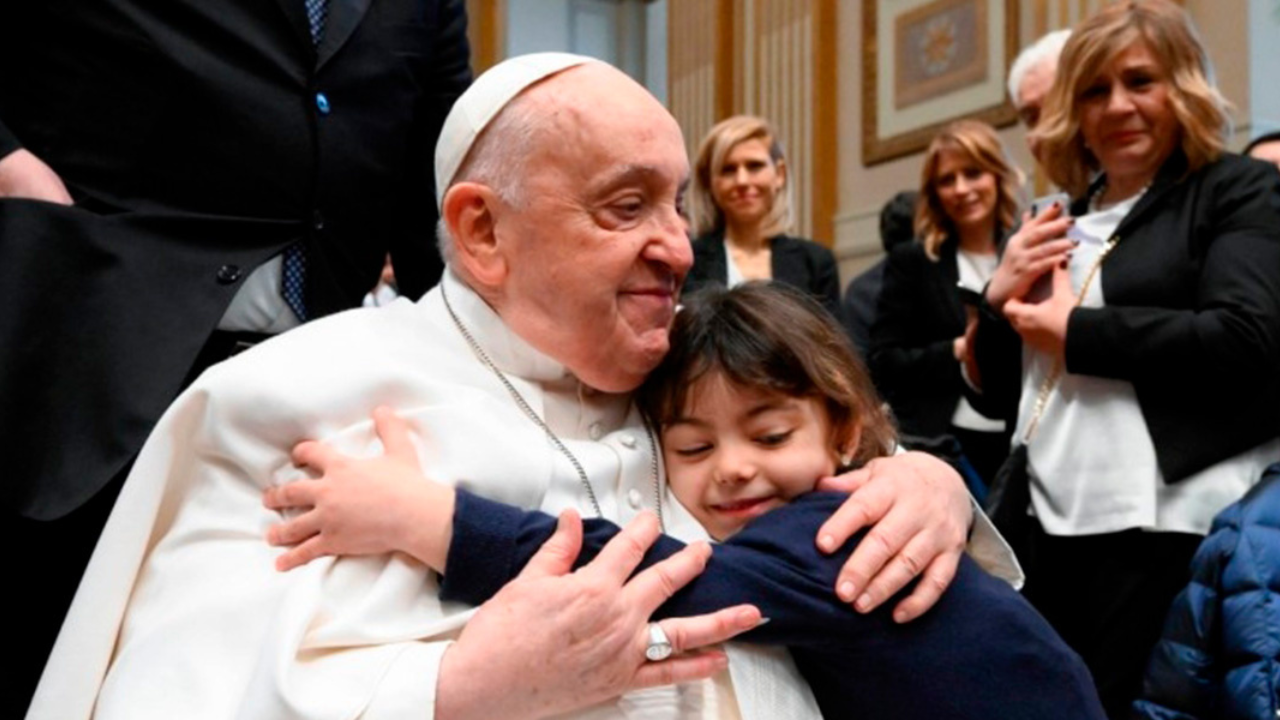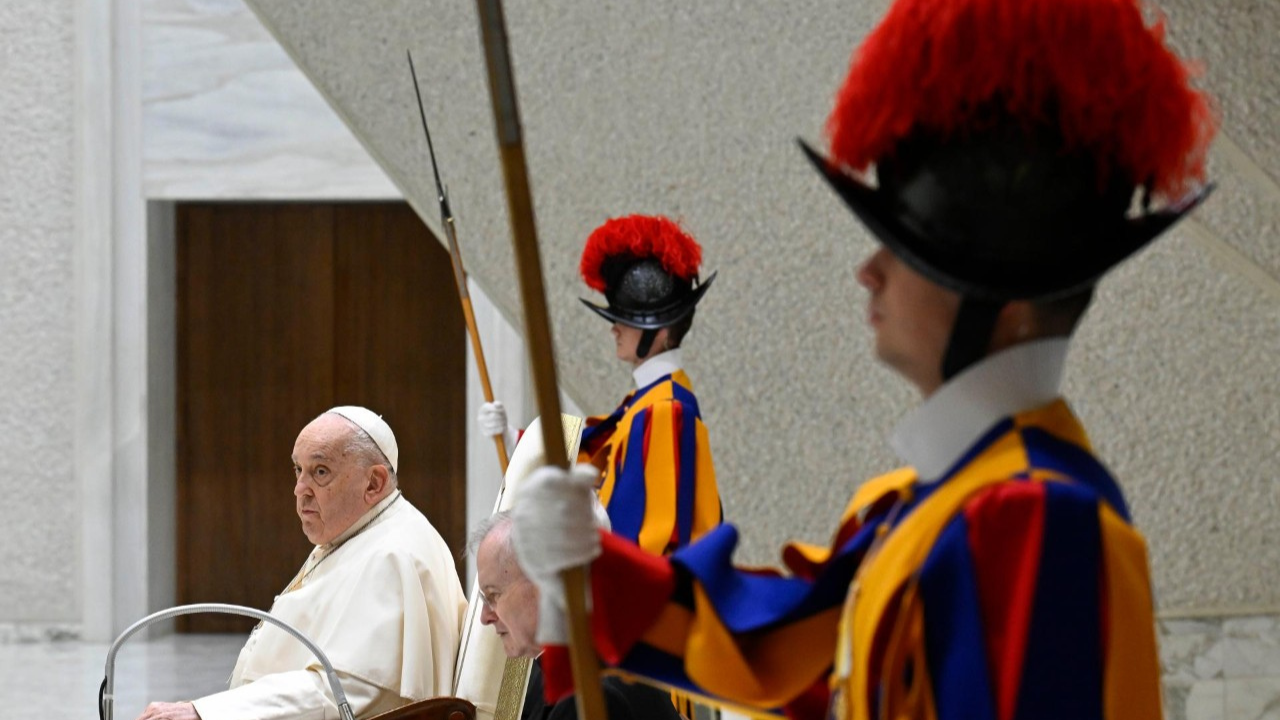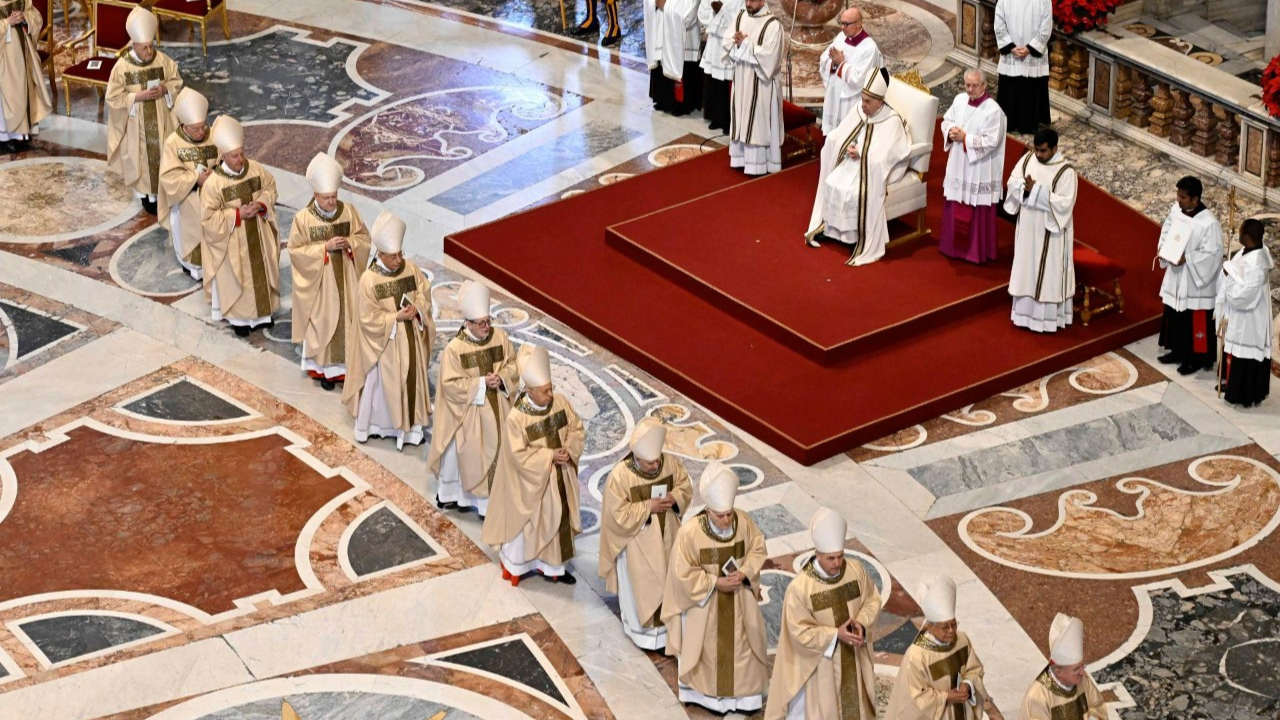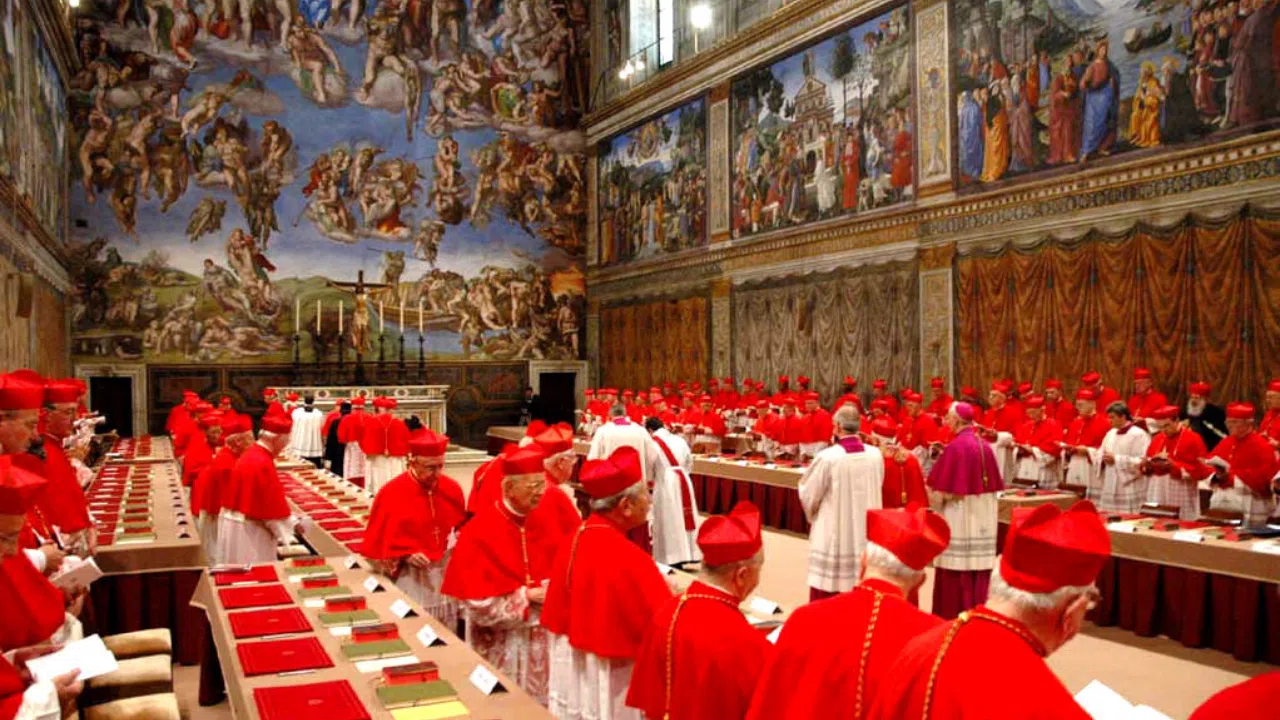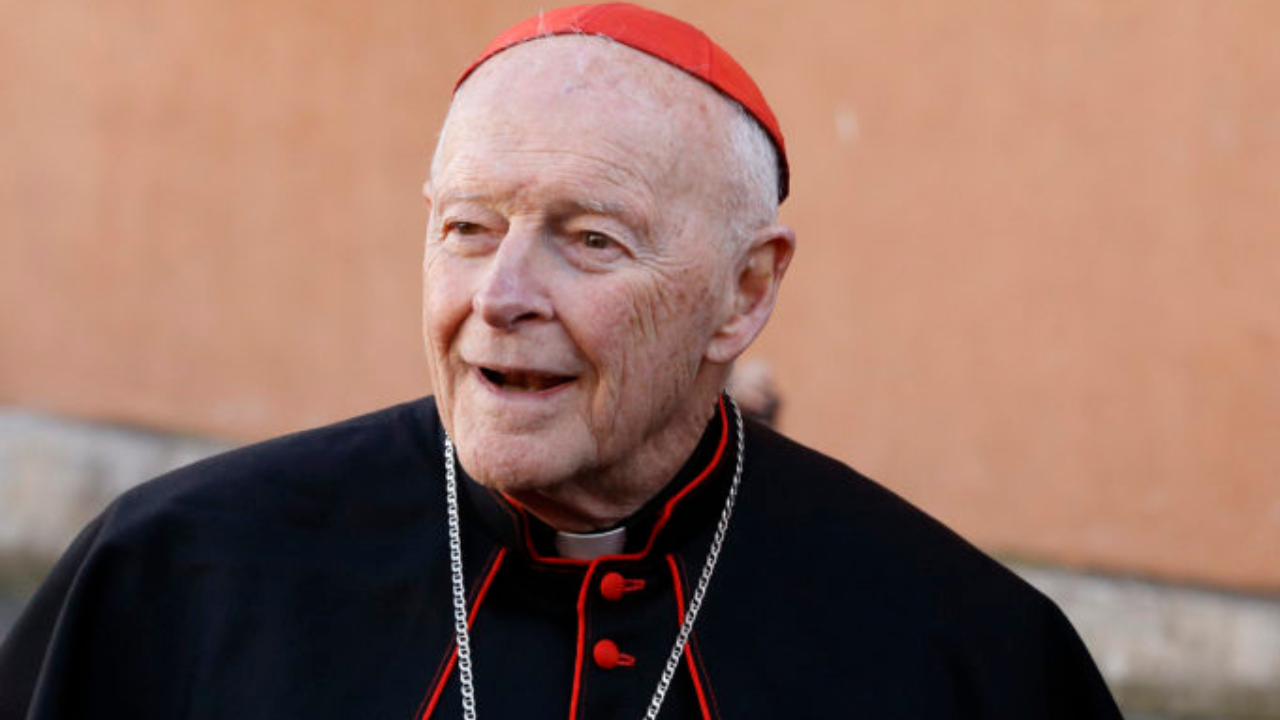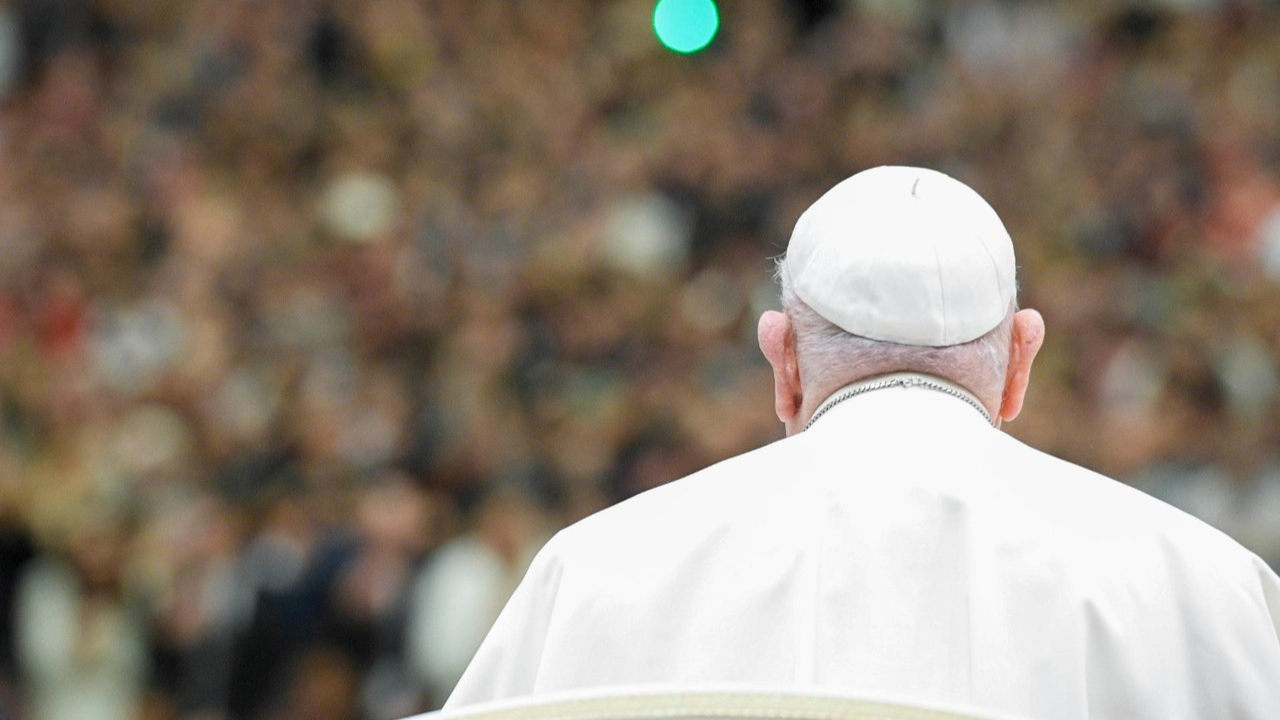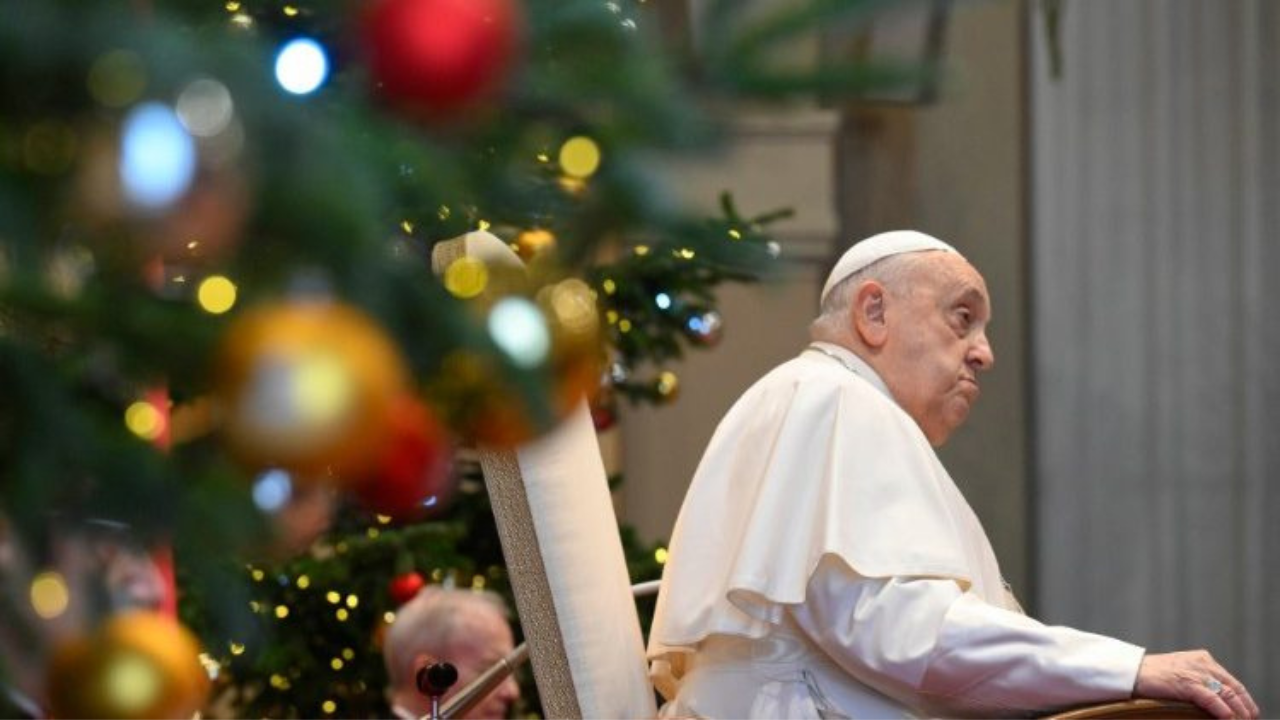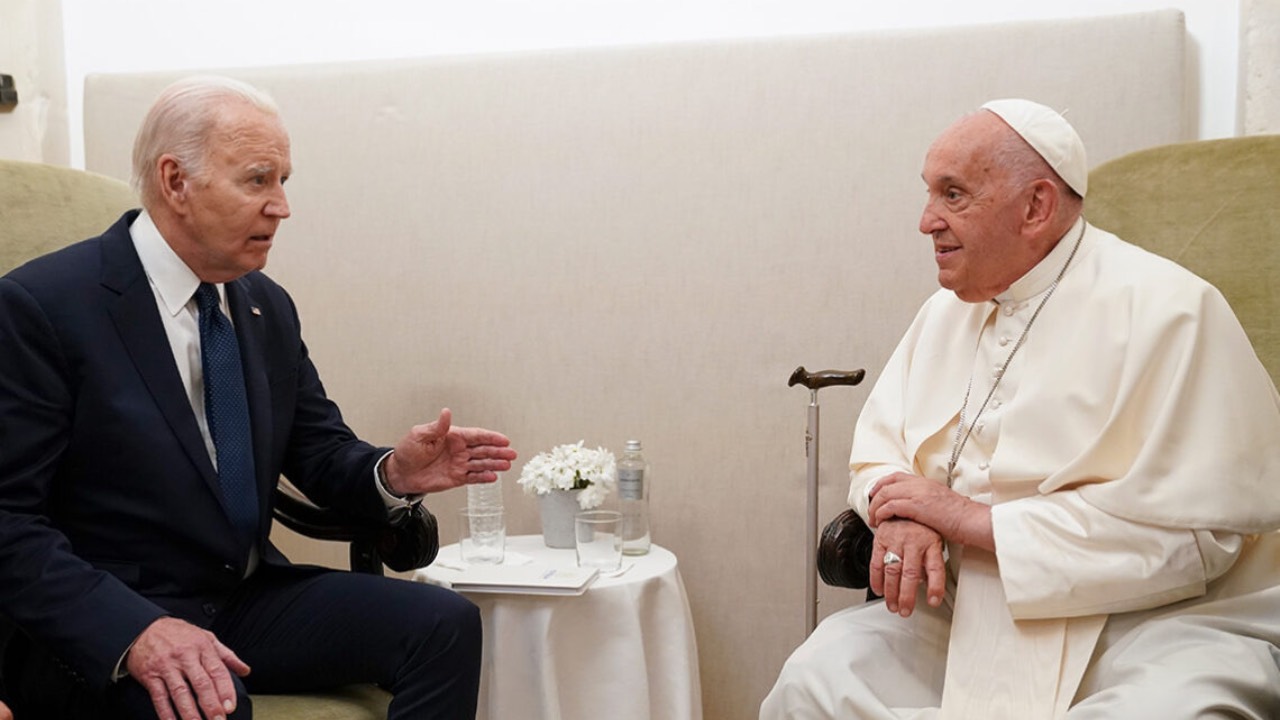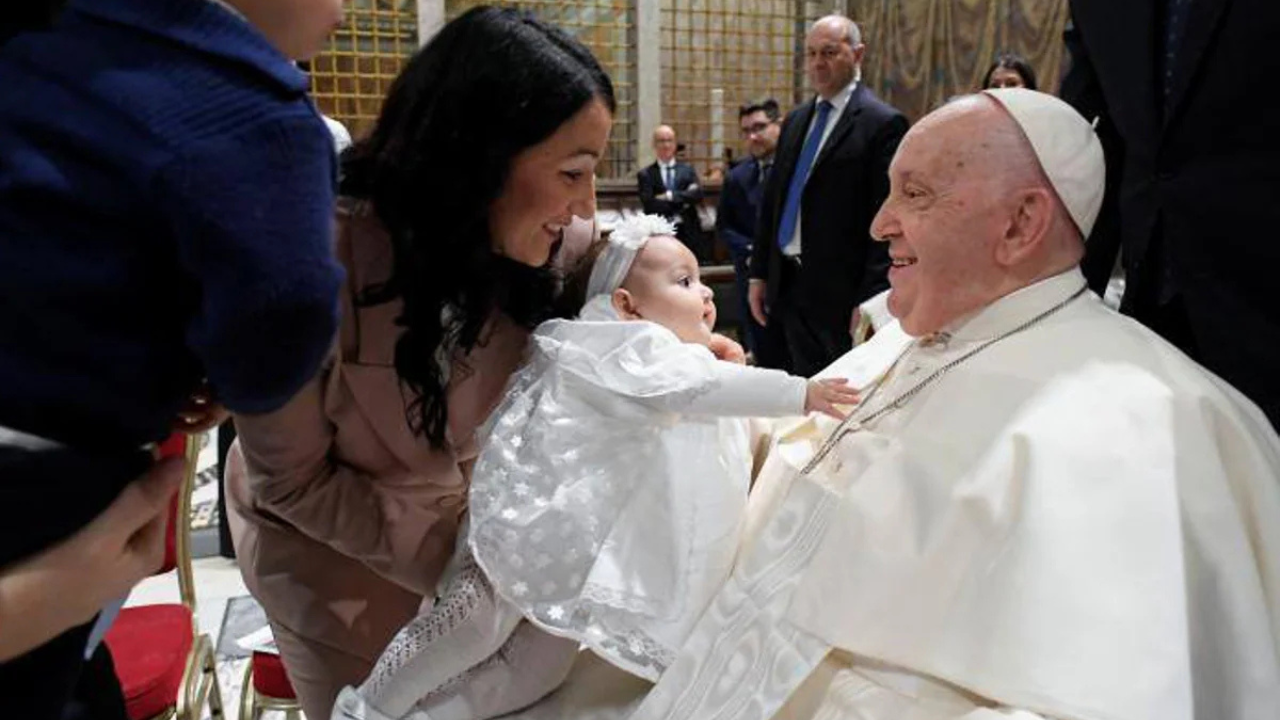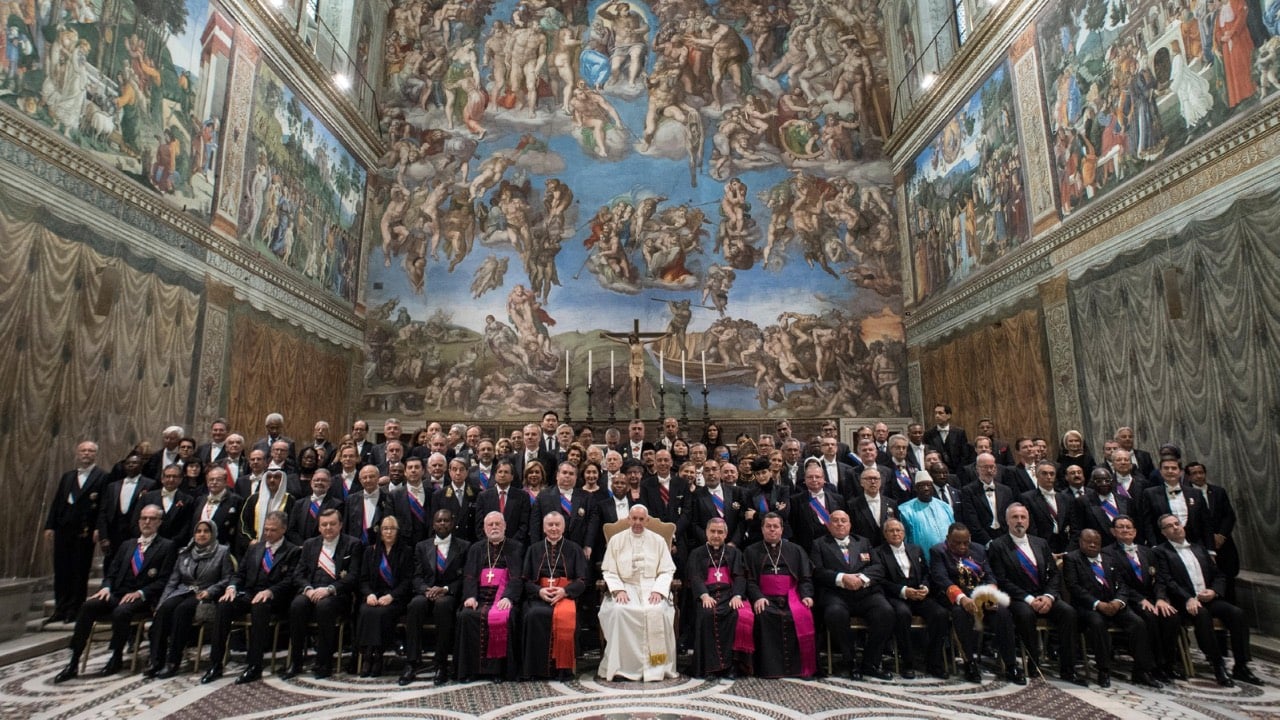The World Council of Churches (WCC) brings together churches in more than 110 countries throughout the world. Carla Khijoyan is the programme executive for Youth Engagement in the Ecumenical Movement. She focuses on the challenges that modern-day youth suffer in the face of radical violence that continues to plague the existence of religious differences.
CARLA KHIJOYAN
Programme Executive, World Council of Churches (WCC)
'My personal involvement of working for peace is a matter of survival, even if it's a small contribution, it's an important one. It's a matter of overcoming the absurdity of wars. Religions are a source of hope, source of reconciliation, source of justice and of peace and this is the main message that we wanted to give through the seminar.â?
Five meetings between Christian and Muslim youths are organized in different parts of the world. Recently, the interfaith seminar was jointly organized by the Egyptian Muslim Centre of al-Azhar and the WCC in Cairo. Participates from all over the world attended the lectures and workshops that focused on 'Youth Engagement, Religion and Violence.â?
CARLA KHIJOYAN
Programme Executive, World Council of Churches (WCC)
'The concept was that we wanted to give conditions of life and dignity to Christian and Muslim young people in Egypt. Especially in villages where there a lot of tensions between Christians and Muslims.â?
Christians and Muslims have been long been at odds with each other for centuries. The severity of their seismic sensitivities towards each other are still evident today. Since 1971, the WCC was formed on the basis of having open dialogue with people of living faiths and ideologies.
CARLA KHIJOYAN
Programme Executive, World Council of Churches (WCC)
'We wanted to create peace and contribute to peace on a grassroots level so this is an example on how the world council of churches contribute to projects of peace on a community level.â?
The WCC represents over 500 million Christians, including most of the world's Orthodox churches.
YA
WCC
VM
-PR
Up:AC
